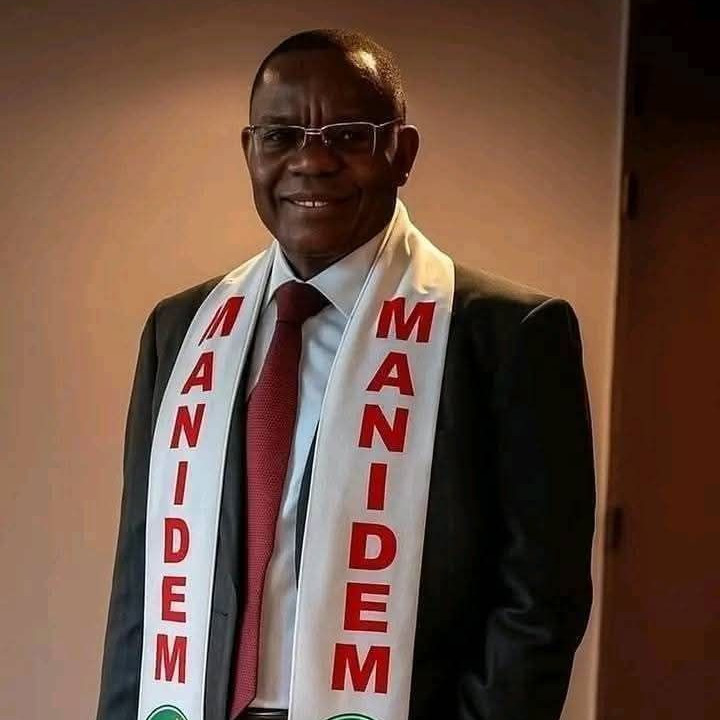
The political landscape in Cameroon has been shaken following the official rejection of opposition leader Maurice Kamto’s candidacy for the 2025 presidential election scheduled for 12 October.
The country’s electoral commission, Elections Cameroon (ELECAM), released the final list of approved candidates, confirming that the leader of the Cameroon Renaissance Movement (MRC) would not be among those contesting for the nation’s highest office.
This decision has triggered significant national and international backlash, particularly given Kamto’s stature as one of the most prominent challengers to President Paul Biya’s long-standing regime.
His exclusion is seen by many as a serious blow to the credibility of Cameroon’s democratic process and is expected to heighten political tensions in an already uncertain climate.
Observers are questioning the transparency of the electoral process and the independence of the country’s institutions in ensuring a truly pluralistic democracy.
“This rejection casts a dark shadow on the integrity of the system,” remarked one political analyst. For many citizens, Kamto’s disqualification only deepens the widespread mistrust in a political structure often accused of sidelining dissent through institutional means.
While the Constitutional Council remains the final authority on legal appeals, neither the MRC nor its ally party MANIDEM has yet issued an official statement.
Nevertheless, a storm of criticism is already brewing on social media and in parts of the local press, with many accusing the government of orchestrating a deliberate political exclusion.
The repercussions of this decision could significantly affect voter turnout, particularly in urban centers where Kamto commands a loyal support base. Political observers warn that the coming days will be crucial in gauging the broader impact—both politically and in terms of national stability.
In a country where democratic freedoms are often seen as restricted, the barring of Kamto’s candidacy has again drawn the attention of the international community. Diplomatic bodies, election observers, and development partners are expected to closely monitor the situation as it unfolds.



